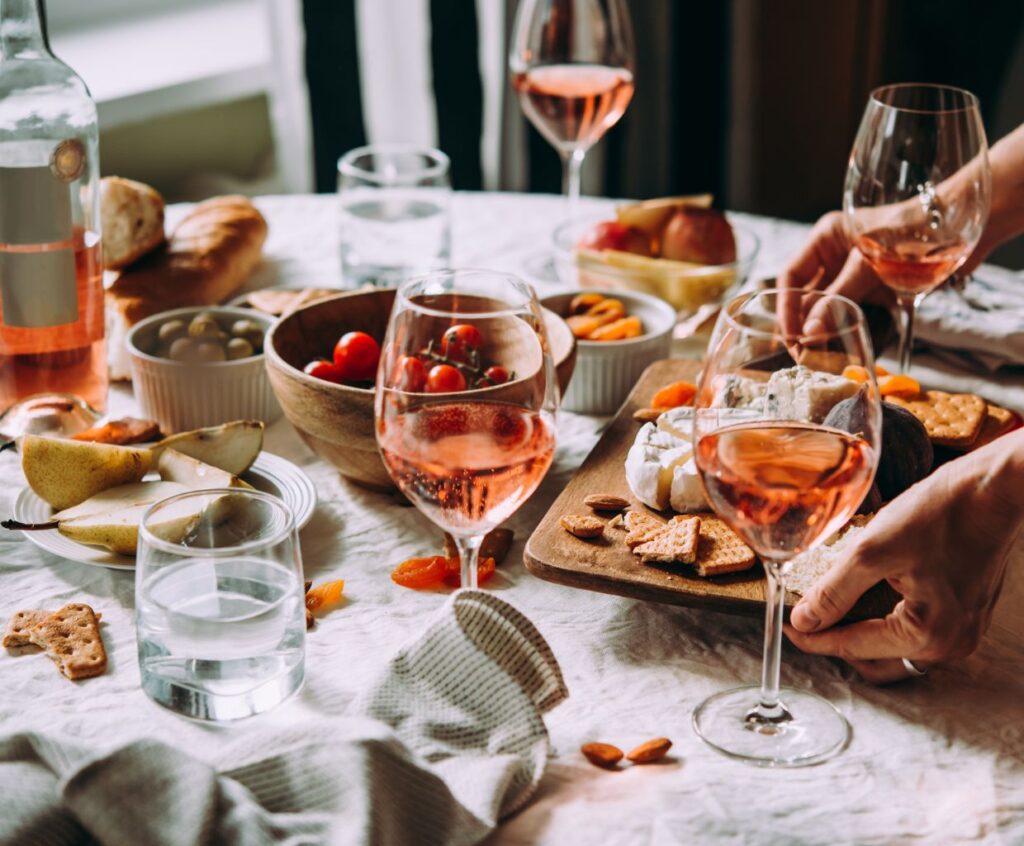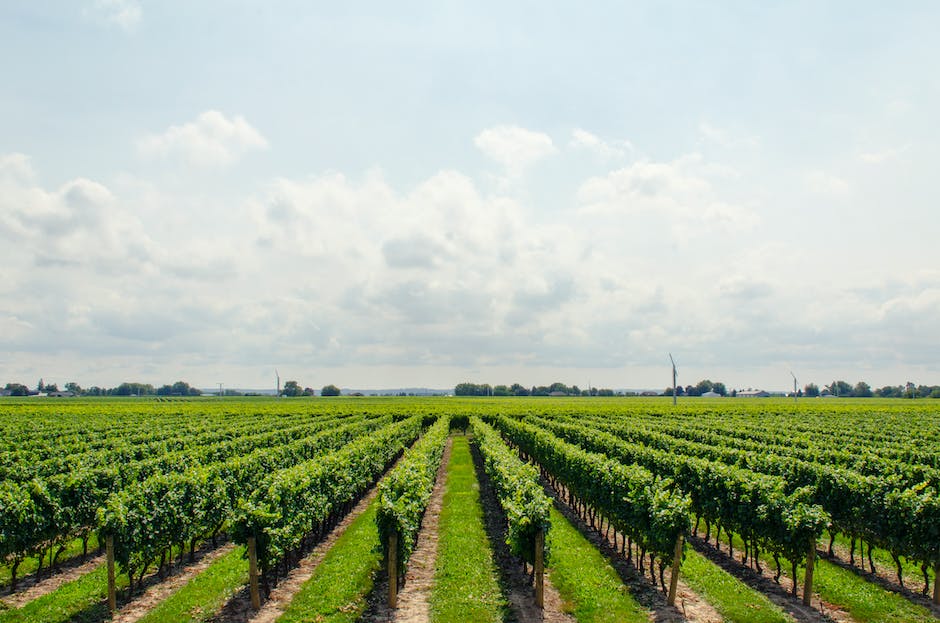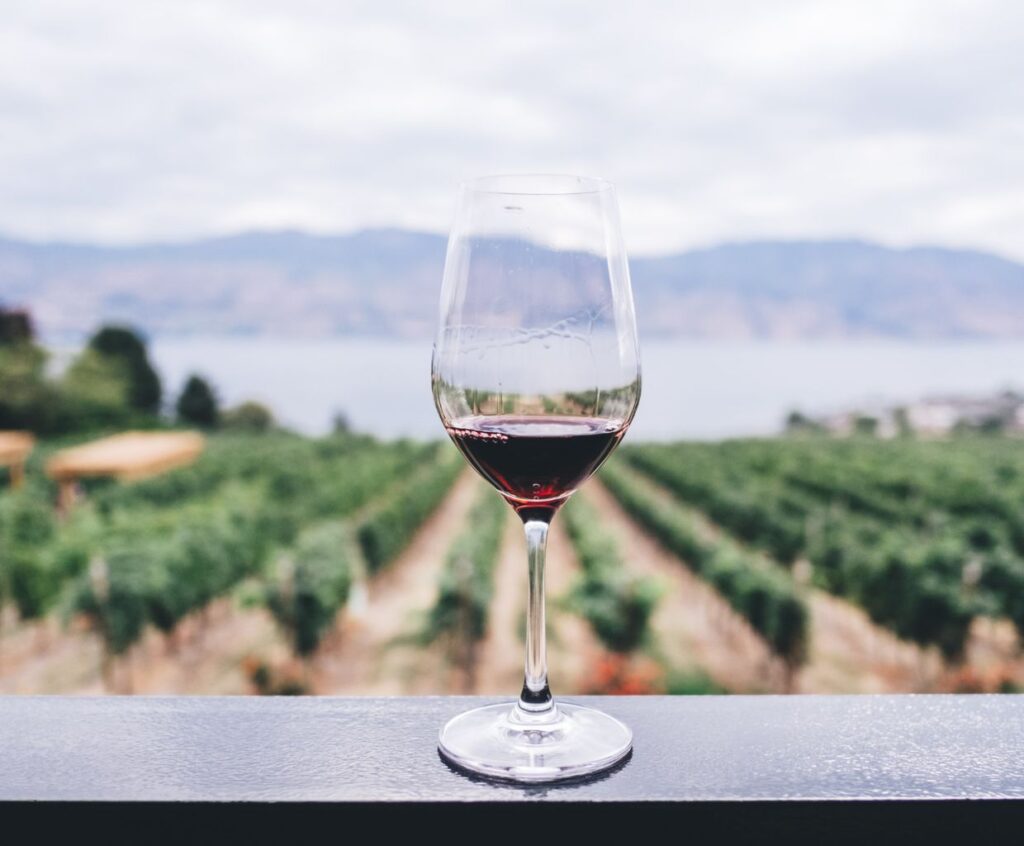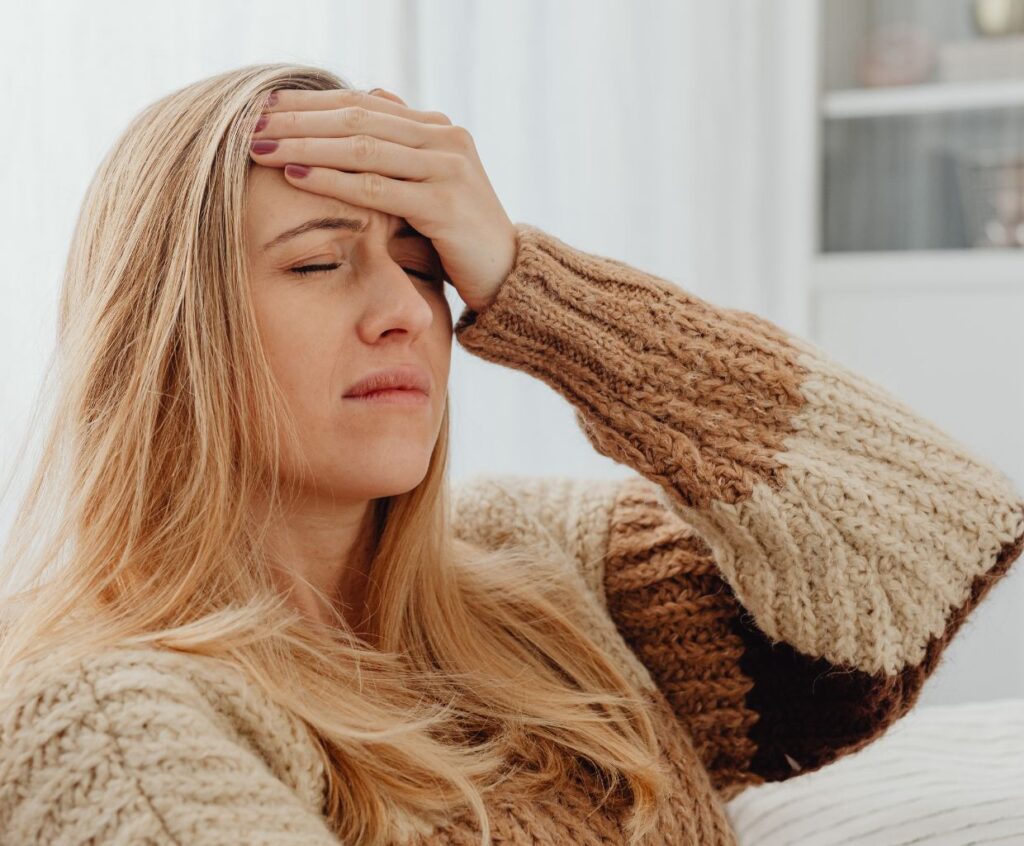Unlocking the Best Moments: When Does Wine Taste Its Finest?
Wine is a delightful beverage that people have enjoyed for centuries. Whether you are a wine connoisseur or just someone who appreciates a good glass of wine now and then, you may have wondered when wine tastes best.
Is it a matter of personal preference, or is there a specific time or occasion when wine truly shines? In this article, we will explore the factors that can influence the taste of wine and help you determine when it is at its finest.
Factors Affecting the Taste of Wine
Several factors can influence the taste of wine, making it difficult to pinpoint when it tastes best. However, here are a few key factors to consider:
1. Age
Wine is known to improve with age, but that doesn’t mean every wine will taste better the older it gets. While some wines, particularly reds, can benefit from aging, others are meant to be enjoyed young. Age affects the flavor profile of wine, bringing out different characteristics over time.
Knowing the aging potential of the wine you consume is essential to determine when it will peak.
2. Varietal
Each grape varietal has its unique flavor profile and ideal aging potential. For example, full-bodied red wines like Cabernet Sauvignon and Syrah age well and develop complex flavors over time. On the other hand, lighter white wines such as Sauvignon Blanc and Riesling are typically enjoyed when they are young and fresh.
Understanding the characteristics of different grape varietals will give you a better idea of when they will taste their best.
3. Food Pairing
The taste of wine can be significantly enhanced or diminished by the food you pair it with. Certain wines may complement specific dishes, bringing out the best flavors. For instance, a robust red wine can perfectly match a juicy steak, while a crisp white wine may be more suitable for seafood.
Experimenting with different food and wine pairings can help discover when a particular wine shines bright.
How does the aging process impact the taste of wine, and when does it reach its peak flavor?
The aging process can have a significant impact on the taste of wine. As wine ages, it undergoes chemical reactions that change its flavor profile. These changes are influenced by the wine’s grape variety, winemaking techniques, and storage conditions.
During aging, the tannins in red wines tend to soften, resulting in a smoother and more rounded mouthfeel. Additionally, the flavors of the wine can become more complex and integrated over time, with secondary and tertiary aromas developing. These can include notes of earthiness, leather, tobacco, and dried fruits.
However, it is essential to note that not all wines benefit from aging. Most wines are meant to be consumed within a few years of release, as they are already at their peak flavor. Only certain high-quality wines, such as those made from robust grape varieties like Cabernet Sauvignon or Nebbiolo, have the potential to improve with age.
The ideal time for a wine to reach its peak flavor can vary widely depending on the specific wine and vintage. Generally, white wines are typically consumed within a few years of release, while red wines can often benefit from aging for a more extended period. Some red wines may reach their peak flavor after 5-10 years, while others may require several decades.
Remember that member requires proper storage conditions, including a calm, dark environment with stable temperature and humidity. It is also worth noting that not all wine drinkers prefer aged wines, as personal taste preferences can vary. Ultimately, the decision to age a wine and the optimal time to consume it depends on individual preferences and the characteristics of the specific wine.
Are there any general guidelines or indicators that can help determine when a specific bottle of wine will taste at its finest
Several general guidelines and indicators can help determine when a specific bottle of wine will taste at its finest. These include:
1. Vintage: The year the grapes were harvested can be essential in determining when the wine will peak. Some vintages are considered better than others, and wines from exceptional vintages often require more aging to reach their full potential.
2. Wine Type: Different types of wine have different aging potentials. Generally, red wines tend to benefit from aging more than white wines. Full-bodied red wines like Cabernet Sauvignon and Syrah typically require more time to soften their tannins and develop complex flavors.
3. Tasting Notes: Professional wine critics and experts often provide tasting notes and suggested drinking windows for specific wines. These notes can show you when a wine is expected to be at its best. However, it’s important to remember that these guidelines and personal preferences can vary.
4. Producer’s Recommendations: Some wineries recommend when their wines will be at their finest. This information can often be found on the winery’s website or by contacting them directly.
5. Cellaring Conditions: Proper storage conditions, such as temperature, humidity, and light exposure, can significantly impact the aging process of wine. If a bottle has been stored in optimal conditions, it may reach its peak earlier than a bottle stored improperly.
6. Personal Preference: Ultimately, the best time to drink a specific bottle of wine is subjective and depends on personal taste preferences. Some people enjoy young, fruity wines, while others prefer the complexity and nuances of aging.
Not all wines are meant for aging, and most wines are designed to be consumed within a few years of their release. If you’re unsure, it’s always a good idea to consult with a knowledgeable wine professional or sommelier who can provide more specific guidance for the wine you have in mind.
When Does Wine Taste Its Finest – Conclusion
When it comes to determining when wine tastes best, it ultimately boils down to personal preference and the characteristics of the wine itself. Age, varietal, and food pairing are just a few factors that can influence the taste of wine.
Exploring and experimenting with different wines and occasions will help you discover your preferences and find the perfect moment to enjoy a glass of wine.




